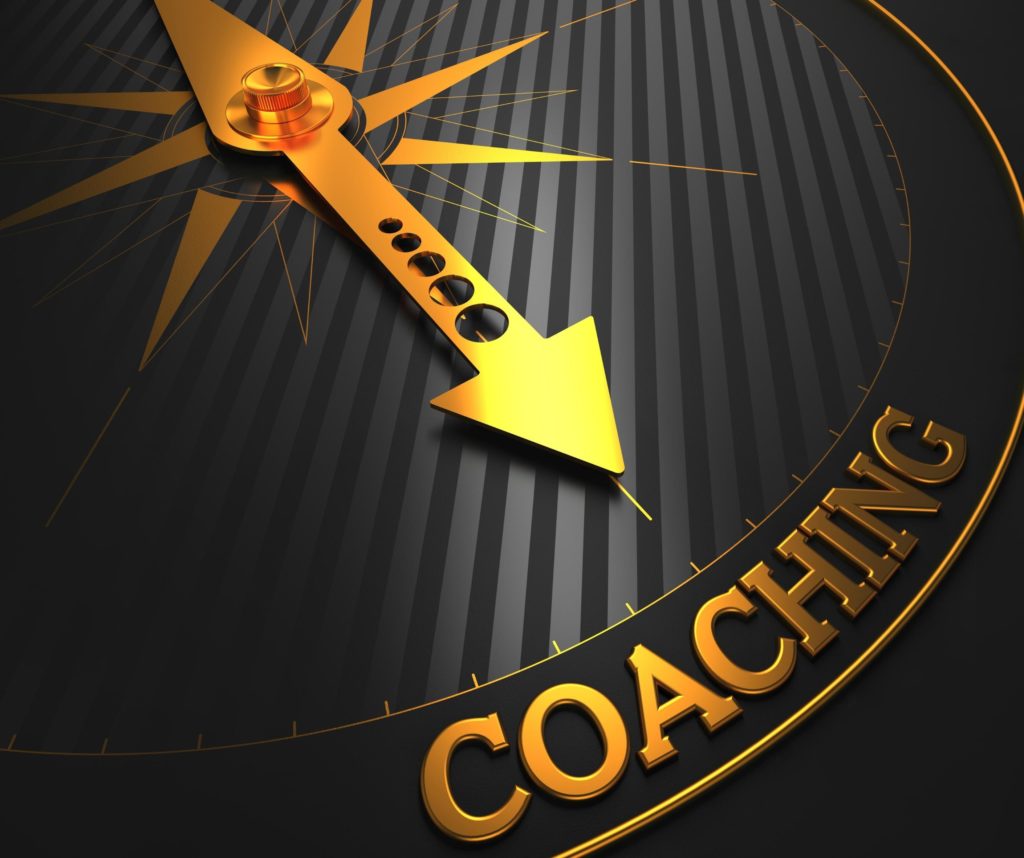Coaching is defined by the Association for Coaching (AC) as”… a collaborative, solution-focused, results-orientated and systematic process in which the coach facilitates the enhancement of work performance, life experience, self-directed learning and personal growth of the coachee” (AC, 2015).
Coaching is a helping profession that is growing in both research and practice. Current research seems to indicate that coaching is a viable solution for enhancing performance, progression and an individual’s welfare. An up-and-coming concentration in the field of coaching is coaching psychology. In this article, the author, Mark Adams, examines the progression of coaching psychology and illustrates a case study representing the function in a school context. The article outlines professional development activities that educational psychologists (EPs) can do to develop coaching skills to add as part of their practice.
Coaching psychologists work with clients to support their growth and welfare by using psychology-primed coaching approaches (Adams, M., (2016). The author points out that coaching is an unregulated industry. Educational psychology researchers propose the need for coaching to be steeped in both an exact and evidence-informed practice, like psychology. Psychology includes theories around things such as cognitive-behavioral, self-efficacy, and rational-emotive methods as examples; all which hold respected doctrines and practices that benefit functioning and well-being. The article posits that coaching fused with psychological philosophies and approaches, in a school setting, can serve to improve performance and welfare for students and educators alike.


